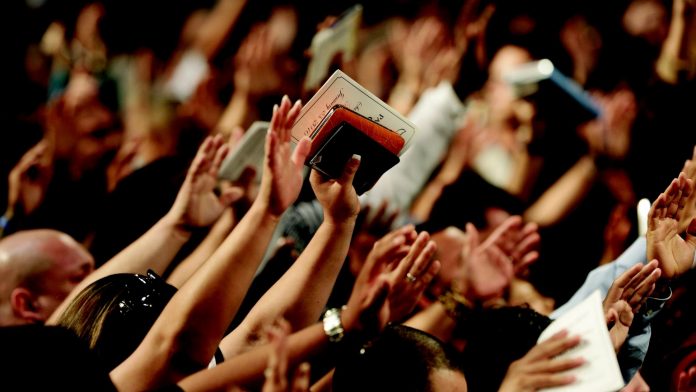Though it is cliché, change is the constant in our culture. Even before COVID, the world was changing steadily and constantly. When the pandemic came, change was accelerated, and the challenges were exacerbated.
In earlier years I was an advocate of “eating the elephant” change, that is making incremental, “one bite a time” changes. I no longer hold to that position. Church leaders and church members must deal with the reality of rapid change today. Incremental change is not sufficient.
Of course, I always add the caveat that we do not attempt to change the unchangeable truths of God’s Word. And we don’t forsake radical obedience to the Great Commission and the Great Commandment. But we must be willing to change the way we “do church.”
I have read Michael Green’s classic, Evangelism in the Early Church, at least a dozen times. Green looks at the early church and its evangelistic priority through the first half of the third century. In my most recent reading, I was impressed at how adaptable the churches were during the tumultuous times in the Roman Empire. Without compromising biblical fidelity, the churches made change after change to reach the world with the gospel.
We are in another global period of rapid change. Few leaders or members in our churches have lived through such times. How do we respond to these changes? Here are seven suggestions:
1. Acknowledge the changes. It’s not 1989 or 1999. It’s not even 2019. The world has changed dramatically. Don’t avoid reality. Ask God to help you deal with the changes in the world so your congregation can be a more effective gospel bearer.
2. Keep informed. While you can’t read everything or listen to everything, stay informed. My news sources are varied. Some do not reflect my worldview. But I don’t ignore them. I particularly appreciate those sources that give me information in summary form. I can always dig deeper if I choose. We are committed to keeping you informed at Church Answers about issues that affect local congregations.
3. Work with change leaders in your church. While you must be pastoral to all of your church members, spend focused time with leaders who will walk alongside you in these tumultuous times of change. You no longer have the luxury of pacifying resistant church members who are slowing down the entire congregation.
4. Stop fearing failure. Sure, you will make some mistakes, but you can’t let the fear of failure slow you and your church down. Pray through changes. Don’t do stupid things in the name of change. But quickly make the moves you need to make. Remember the words God spoke to Joshua: “This is my command – be strong and courageous. Do not be afraid or discouraged. For the Lord your God is with you wherever you go” (Joshua 1:9).
5. Re-envision your church budget. It is likely your budget is a good fit for 2019 or 1989. But the pace of change today demands we re-think how we use the resources God has given us. Everything needs to be on the table. Every church should prepare a zero-based budget without preconceived notions (at least as much as possible) about how God’s funds should be used.
6. Accept membership losses. Sadly, some members will only support their congregations if the church does ministry the way they’ve always done it, or at least the way the members demand it. You can’t let self-serving members hold the church back.
7. Keep the church outwardly focused. One of the biggest takeaways from my multiple readings of Evangelism in the Early Church was the way the churches stayed laser-focused on the Great Commission. If we are obediently looking outwardly, God will sustain us and lead us in tumultuous times and new territories.
Churches around the world are facing both big challenges and big opportunities. Those that can see the opportunities and act upon them are likely the churches that will see the greatest Great Commission fruit.
Our response must be profound but simple: Trust God and make rapid changes in his power.







